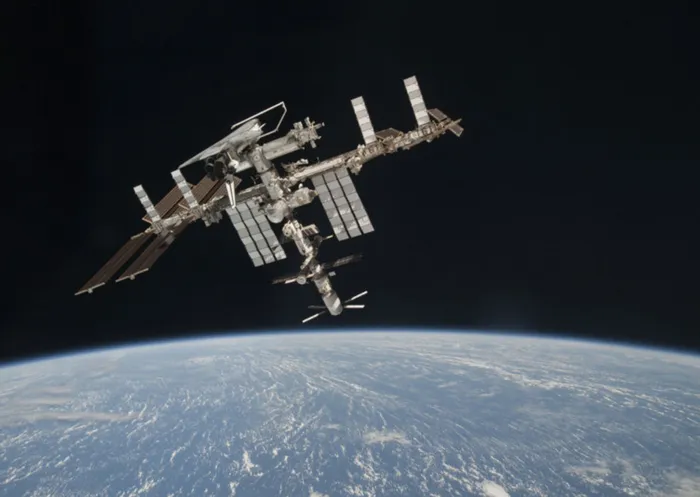Space weather delays cargo launch

The 3D printer has been used on the space station before, but only for designs that were tested and loaded before it left Earth. The 3D printer has been used on the space station before, but only for designs that were tested and loaded before it left Earth.
Washington - Turbulent space weather forced Orbital Sciences on Wednesday to postpone the launch of its unmanned Cygnus spacecraft on a supply mission the International Space Station.
The company said it is now aiming for Thursday to launch its cargo ship atop an Antares rocket, carrying 2 780 pounds (1 260 kilograms) of gear including science experiments, supplies and hardware.
The delay was due to what NASA described as “the first significant” solar flare of the year, causing increased levels of space radiation that might have damaged the spacecraft's electronics.
The US space agency said the potent X-class solar flare erupted January 7 at 1:32 pm (1832 GMT).
Solar flares are bursts of magnetic energy that originate on the Sun, unleashing radiation that can briefly disrupt radio signals and GPS and satellite communications.
“Harmful radiation from a flare cannot pass through Earth's atmosphere to physically affect humans on the ground,” NASA said.
Orbital said in a statement the delay was “due to an unusually high level of space radiation.”
The levels “exceeded by a considerable margin the constraints imposed on the mission to ensure the rocket's electronic systems are not impacted by a harsh radiation environment.”
On Thursday, the liftoff time from Wallops Island, Virginia would be 1:10 pm (1810 GMT), allowing the cargo ship to reach the ISS by January 12.
Orbital's attempt was previously delayed in December due to a cooling system breakdown at the ISS, which required American astronauts to make two spacewalks in order to replace an ammonia cooling pump.
When the launch goes ahead, it will mark the company's first regularly contracted mission and its second trip to the orbiting outpost, coming on the heels of a successful demonstration launch in September.
That mission proved “that the company can reliably carry out regularly scheduled operational missions to the ISS for NASA,” said David Thompson, Orbital's chairman and chief executive officer.
Orbital has a contract with NASA worth 1.9 billion dollars for eight cargo resupply missions to the global space lab.
Orbital and SpaceX are two private companies that have stepped in to ensure the United States' ability to reach the ISS, after the retirement of the 30-year space shuttle program in 2011.
SpaceX, owned by Internet entrepreneur Elon Musk, became the first commercial entity to reach the space station with its Dragon cargo ship in 2012, and has a $1.6 billion contract with NASA.
Unlike SpaceX's Dragon capsule, Cygnus cannot return to Earth intact but will burn up on re-entry into Earth's atmosphere, disposing of any unwanted cargo.
Sapa-AFP